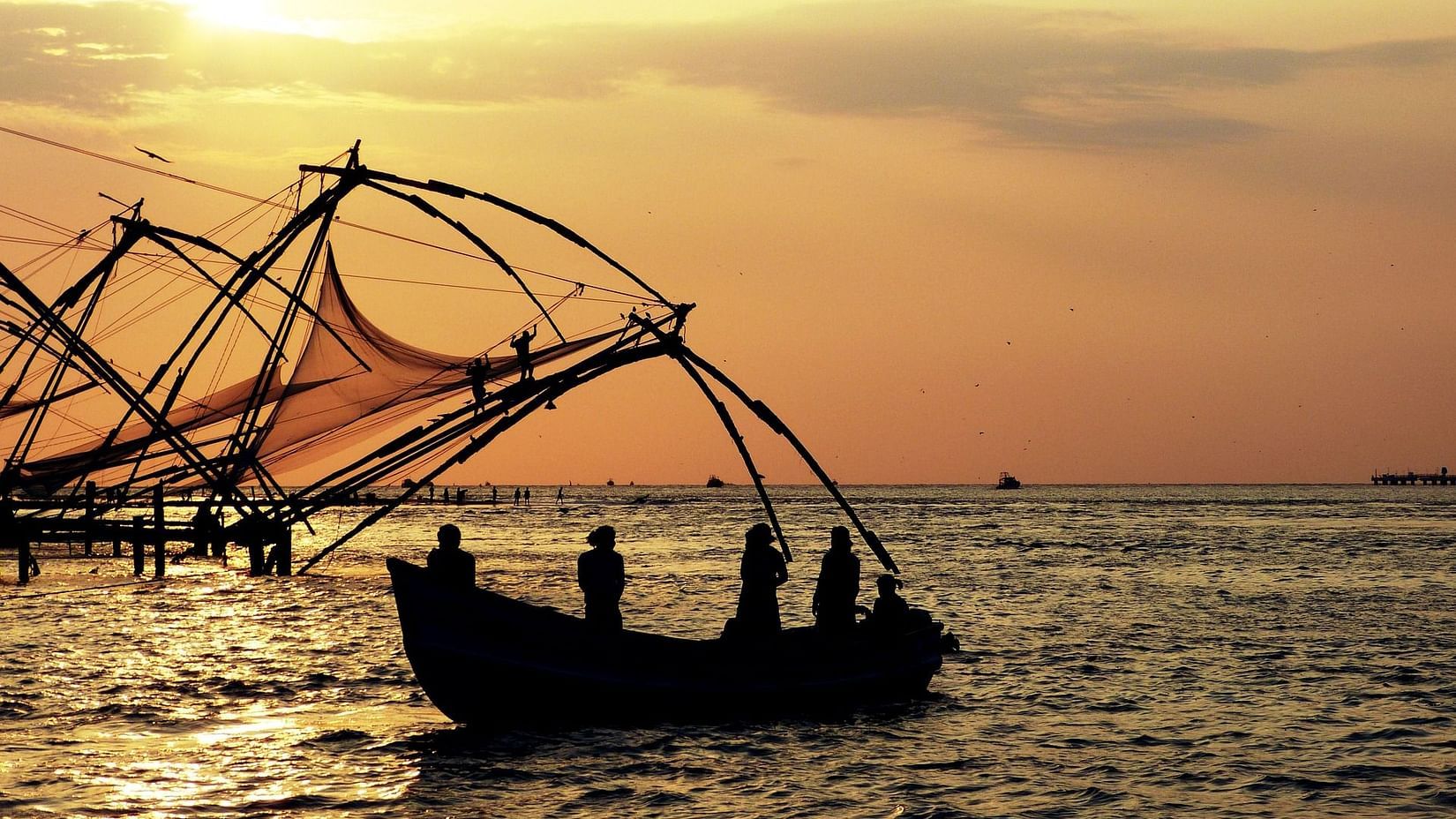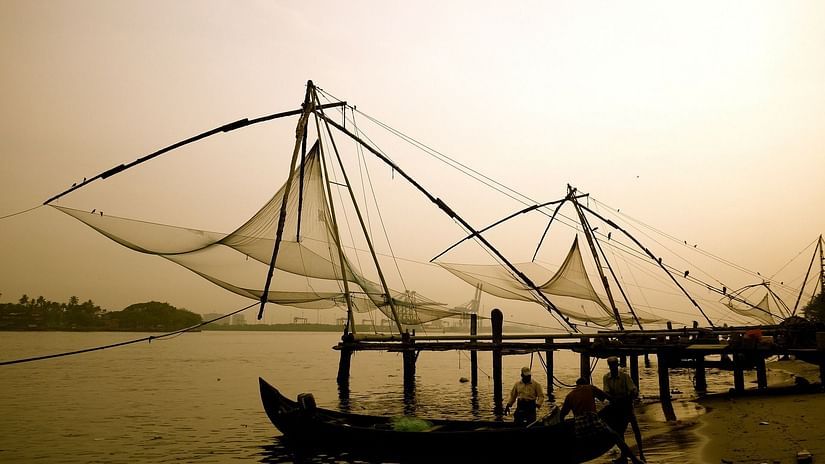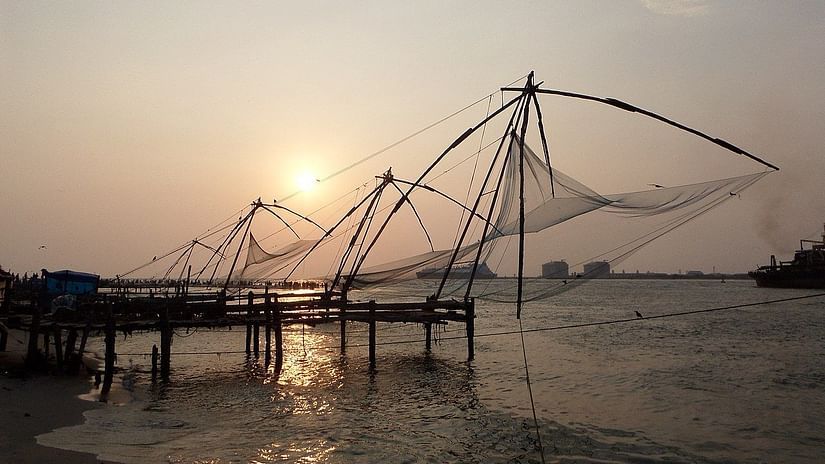- Neem Karoli Baba Temple
- New Year Celebration in Alwar
- January Events in Goa
- Best Tourist Spot in Tamil Nadu
- New Year in Kerala
- Shopping in Kochi
- New Year Celebration in Rajasthan
- Christmas in Goa
- Trip from Delhi to Alwar
- New Year Celebration in Goa
- History of Maratha Empire
- New Year in Kochi
- Places of Interest in Gwalior
- Bala Quila, Alwar
- Jet Ski in Goa
- Paradesi Synagogue, Kochi
- Explore Gwalior Fort
- Visiting the Vast History: Kochi Mattancherry Palace
- Heritage Wedding in Rajasthan
- Tourist Attractions in Gwalior
- Hotel in Tijara
- Cabo De Rama Beach
- Matsya Festival
- Trip from Bangalore to Goa
- Tourist Attractions in Patiala You Shouldn't Miss
- Jagannath Mela in Alwar
- Waterfalls in Goa
- Ideal Places for a Short Trip near Delhi
- Hidden Gems in Rajasthan
- Delhi to Sariska National Park: Trip Guide
- Traveller’s Guide to Goa Carnival
- Weekend Trip from Gurgaon
- Trip to Rajasthan with Family
- Delhi to Rishikesh to Nainital
- Delhi to Patiala Tour Guide
- New Year Celebration Near Delhi NCR
- Christmas Celebration in Tijara Fort Palace, Alwar, Rajasthan
- Nainital in the Winter Season
- Sunburn Goa 2024
- Trip to Alwar
- Water Sports in South Goa
- New Year Eve Party in South Goa
- Moosi Maharani Ki Chhatri
- Siliserh Lake
- Must try dishes in Rajasthan
- Best Places to Visit around Jaipur
- Solo Trip to Rajasthan
- Sariska National Park
- Places to visit in Rajasthan in December
- Staycation Near Delhi NCR
- Best Holiday Destinations Near Delhi
- Best Resorts Near Delhi for Family
- Vacations near Delhi
- Goa in Summer Season
- Naina Devi Temple, Nainital
- Best Time to Visit Rishikesh
- Tijara Ji Jain Temple
- Must Visit Historical Sites in South Goa
- Local Food in South Goa
- Traditional Festivals of Rajasthan
- Naina Peak Trek
- Fatehpur Shekhawati
- Activities in Nainital
- Local Food in Tranquebar
- Alwar Famous Food
- Offbeat Places in Nainital
- Offbeat Places in South Goa
- Offbeat Places in Rajasthan
- History of Tharangambadi
- Best time to visit Nainital
- Best Beaches in South Goa
- History of Shekhawati
- The Best Beaches in Tamil Nadu
- Places to Visit in Shekhawati
- New Year Celebration in Nainital
- Weekend Trip in Tamil Nadu
- New Year in Goa
- Nainital Itinerary for 2 Days
- The Best Places to Visit in Patiala
- Places to Visit in Tharangambadi
- South Goa Itinerary for 3 Days
- Tourist Attractions in Alwar
- Kochi 2-day Itinerary
- Things to Do in South Goa
- Places to Visit in Gwalior
- Weekend Getaway from Jaipur
- Best Places to Visit in Alwar
- Best Time to Visit Alwar
- Places to Visit in Alwar
- Best Time to Visit Gwalior
- Literary Connections of Ramgarh: Tagore and Mahadevi Verma
- Things to Do in Alwar in Monsoon
- Exploring the Festivals of Alwar
- Everything You Need to Know About Betul, Goa
- Things to Do in Kochi at Night
- Uttarakhand Itinerary for 7 Days
- Best Time to Visit Kochi
- Visit The Mesmerising Hill Stations in South India
- The Best Places to Visit Near Nainital
- A Weekend Getaway to Ramgarh: Travel Guide
- Explore The Magical Cochin Backwaters
- The Majestic Coonoor to Ooty Toy Train
- The Best Vacation Spots Near Chennai
- Must Visit Places in Kerala
- Destination Wedding in Rajasthan
- Exploring the Orchards in Ramgarh
- Explore the Museums of Tranquebar
- Masilamani Nathar Temple, Tharangambadi
- Things to Do in Kesroli
- Best Places to Visit in South India in January
- Exploring the Tamil Nadu Coastline
- Places to Visit in Gwalior at Night
- Places to visit in Rajasthan in Winter
- Unexplored Treasures of Uttarakhand
- A Visit to Mangalavanam Bird Sanctuary
- Royal Rajasthani Weddings
- Rajasthan Itinerary for 7 days
- Into the Wilderness of Rajasthan’s National Parks
- Explore the Historic Town of Neemrana, Rajasthan
- Enchanting Lakes of Nainital
- A Dive Into the Royal History of Alwar
- Trails and Treks near Nainital
- The Seven Most Frequented Places in Rishikesh
- Kochi: The Queen of the Arabian Sea
- Fairy Queen: The Oldest Working Steam Locomotive
- Forts and Palaces of Alwar
- The Unparalleled Art and Culture of Madhya Pradesh
- Best Beaches To Visit in Cochin
- A Spiritual Journey to the Temples in Alwar
- Handicrafts of Rajasthan
- Places to Eat Street Food in Gwalior
- Wellness Retreats in Rishikesh
- The Danish History of Tranquebar
- Of Mystical Spaces and Hidden Treasures
- Rehabilitating Our Roots in Ruins... A Meet with Mr Aman Nath
- Our Annual Getaway to the Ramgarh Bungalows
- Experience Gwalior The Royal Way With Deo Bagh
- Living it up at a 14th Century Fort
- The Best of Both Worlds - Delhi and Jaipur
- Alwar City - Attractions
- Gwalior - The Tourist Capital
- Drivable Weekend Getaway from Delhi-NCR
- Hiking and Trekking Trails near Jaipur
- Safe Weekend Getaway from Delhi
- Trek Trails from Rishikesh
- Things to do Around Tranquebar Fort
- Majestic Temples of Gwalior
- Tea Plantations of Coonoor
- Fort Stay in Alwar
- Best Places to Visit in Tamil Nadu
- Shopping in Gwalior
- The Chinese Fishing Nets of Kochi
- Exotic Swimming Experiences near Delhi
- Ketty Valley, The Second Largest Gorge in the World
Fort Kochi is the product of a fascinating mix of colonial Dutch, the Portuguese and the British culture. A short walk around the city will transport you back to pre-British India. One such landmark that highlights this factor is the large hammock-like Chinese fishing nets drooping on the beach of Fort Kochi. The huge cantilevered fishing nets, once just a fishing accessory, is now a major tourist attraction!

History of the Chinese fishing nets, Kochi
The iconic Kochi fishing nets were introduced between the period of 1350 and 1450 AD by the Chinese explorer Zheng He, from the court of Kubla Khan.
The nets, known as ‘cheenavala fishing nets’ in Malayalam, existed long before popular historic structures like the Taj Mahal, Statue of Liberty, and Eiffel Tower were established. Inexplicably, the Chinese fishing nets have become a signature part of the city’s identity. Today, amongst the 17 grand fishing nets, only 8 remain. Three of these nets are the biggest in the world, which requires four fishermen to pull it on every shift.

How to Enjoy the Best View?
The picturesque view of the Chinese fishing nets, Kochi, is undeniably one of the most photographed spots in the city. The nets, cantilevered to the sea against the silhouetted backdrop of the dusky sky, is one of the most breathtaking sights to behold.

Vasco da Gama Square, which runs along Fort Kochi Beach, offers the best view of the Chinese Fishing Nets. Neemrana Tower House - 17th Century, Cochin, is one of the few hotels in Kochi that is located across from Chinese fishing nets. Staying here would ensure that you can get a sight of the Chinese fishing nets, even during the wee hours when the fishermen operate them, from the comfort of your hotel.
Structure and Function of Chinese Fishing Nets
The Chinese nets, formally known as "shore operated lift nets", is a kind of stationary lift net with fixed land installations that are used for fishing. The mammoth nets, each spread over an area of 20 metres, are attached to a cantilever which is further fixed to poles of teak-wood and bamboo on the beach. Lights are attached to the teak posts and suspended above the net to attract fish. To operate one fishing net, a team of at least four fishermen are needed at a time.
Fishing is usually done in the morning and early evening. For first-timers, the subtle balancing of the net, the act of its descent into the water, and pulling it back, is an incredible sight to behold!
Fishing is usually done in the morning and early evening. For first-timers, the subtle balancing of the net, the act of its descent into the water, and pulling it back, is an incredible sight to behold!